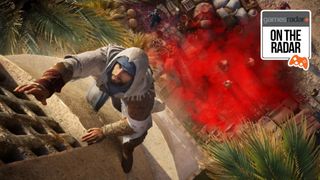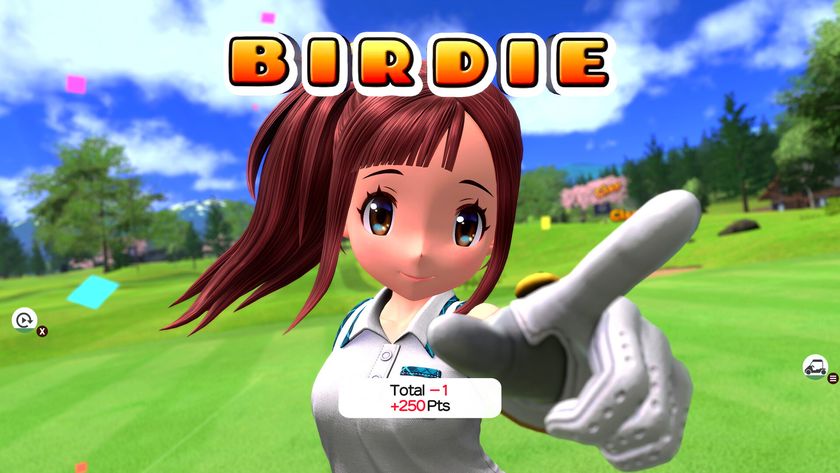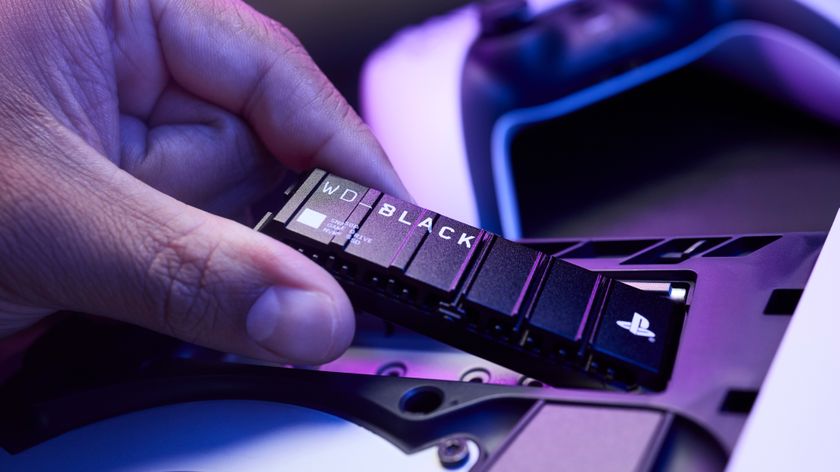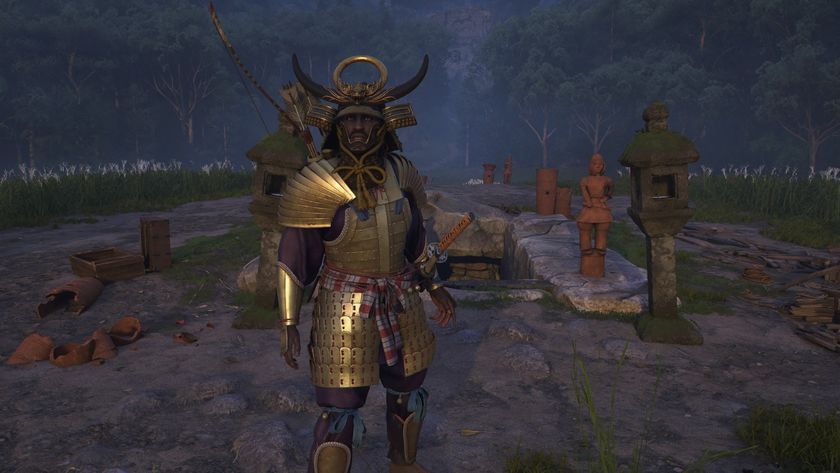How Ubisoft transformed Assassin's Creed Mirage protagonist Basim from evil to endearing
Interview | An antagonist in Valhalla, Basim Ibn Ishaq is back in the form of Assassin's Creed Mirage's hero
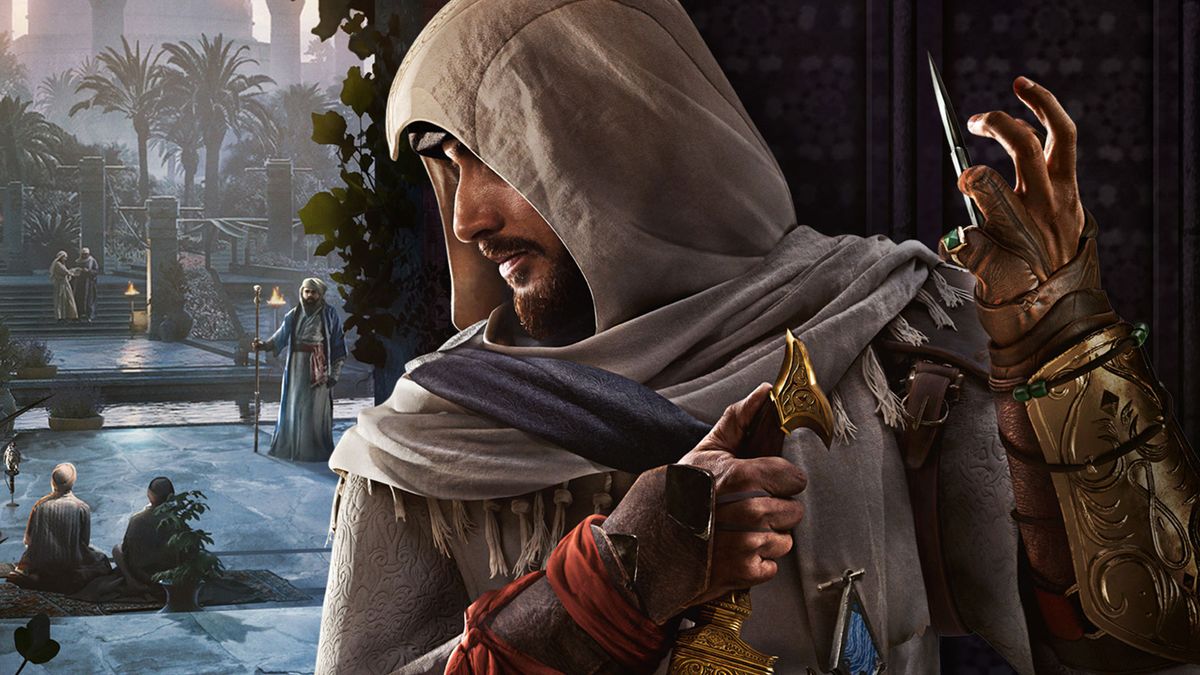
After promising a modern day throwback to its stealth-murder sim roots, Assassin's Creed Mirage has delivered. Look no further than our Assassin's Creed Mirage review for more on how Ubisoft Bordeaux has successfully wound back the clock, tapping straight into the tenets that've made the studio's long-serving series so popular, and, perhaps more importantly, relevant in 2023.
But while much of Mirage's pre-release marketing was indeed centered on its back-to-basics mechanical trappings, the fact that its protagonist is another series stalwart is arguably just as integral to what it aims to achieve. Basim Ibn Ishaq turns out to be a bonafide bad guy in Assassin's Creed Valhalla, and yet his origin story in this game is one far more endearing and earnest. Sure, his narrative naturally arcs towards the darker side of his personality the deeper we move into Mirage's 9th century timeline, but balancing what players already know about this character with the intrigue and mystery required to establish a prequel wasn't always straightforward.
Light Assassin's Creed Mirage and Assassin's Creed Valhalla spoilers follow
"What I like is that Basim is not that easy to understand, and his motivations are not very clear – there's something underneath," explains Assassin's Creed Mirage narrative director, Sarah Beaulieu. "I talked with Darby McDevitt – narrative director on Assassin's Creed Valhalla – to understand where he was coming from with this character, and making sure that we don't make any mistakes in Mirage."
"No spoilers if you haven't played Valhalla, but Basim is Loki. Starting from this point is pretty straightforward, but we wanted to show the evolution. That was the key thing, more than the story itself. How do we structure the narrative so that we can make the player feel like they're evolving with Basim? And for those who played Valhalla, it's going to feel a little bittersweet, because you know that you're going towards something that is not that good."
Shadow work
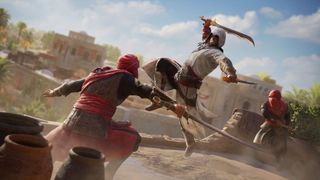
Not that good might be a little bit of an understatement, given Basim's rise from street thief, to master assassin, to eventual Hidden Ones devotee and Order of the Ancients hunter. But while Valhalla used Basim's enigmatic nature and mysterious background to stir intrigue and fear in the context of antagonism, these are naturally the foundations upon which Mirage's slant on the character builds from.
"I think in Valhalla, we started to put in place a narrative environment to tell a story," adds Mirage's creative director, Stéphane Boudon. "It was really important when we worked on Wrath of the Druid [Valhalla's first DLC] to have a very immersive story, to take time to create characters. We wanted twists, we wanted you to care about all the side characters that you encounter. We applied the same kind of formula in terms of narrative [later with Mirage]. We wanted a connection with Basim, for you to care about the character."
Sign up to the 12DOVE Newsletter
Weekly digests, tales from the communities you love, and more
"It was a challenge for us [in Mirage] because Basim is an origin story. We had to challenge ourselves to bring the player twists and turns, the possibility to discover things about Basim [that they don't know]."
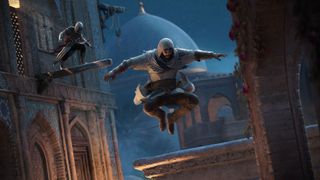
"Basim speaks to me in that way. So I hope players will also feel that, and understand the universal feelings, the struggles that we all go through. I hope he will speak to people in that way."
Beaulieu reckons that challenge in part stems from Basim's tormented persona; as a solitary individual privately wrestling his inner demons, while presenting himself to the contrary in public. Assassin's Creed Mirage, then, is as much a tragedy as it is an origin story – fate is a core theme here, as is the inevitability (and, indeed, inescapability) of destiny, for better or worse.
Basim may strive to be a better person – or at least err on the side of good whenever possible – but his aspirational dichotomy between solitude and the Hidden Ones weighs heavily on his soul. To this end, Beaulieu adds: "He tries to explain his issues, and to Roshan too, but she's different from Nehal. When you build a character, you have characters around who shape the character in the middle, so in that case Nehal and Roshan really do represent two types of views about freedom or free will."
As Basim's mentor, Roshan – voiced by the indomitable Shohreh Aghdashloo – lives her life by the Hidden Ones' rulebook; while Nehal is an obstinate lonewolf. Basim fits somewhere between both distinguished personalities, and so his coming-of-age tale is defined by two strong-minded figures. When you throw volatile individuals like Ali bin Mohammed into the mix – the ultra-violent leader of the rebellion – it's easy to appreciate just how challenging ensuring Basim's story remained streamlined and true to its destination might have been dev-side.
"Basim's story is not that clear," says Boudon. "I think we have probably the longest training sequence of joining the brotherhood. It was always the plan because we really wanted to tell this story for Basim. So it was important for us to start at the beginning with Basim, to really witness all the steps of his life, and to understand how he becomes who he is in Valhalla."
Alone together

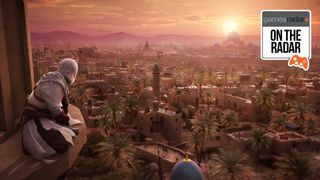
Check out our Assassin's Creed Mirage On the Radar takeover: A deep dive into the series' return to its roots with Ubisoft Bordeaux
Boudon explains that in doing all of this, Ubisoft Bordeaux was determined to craft a standalone game that, while paying clear deference to its story successor, could likewise be enjoyed without broader context. To that end, Mirage has no references to Loki because, quite simply, they wouldn't fit. "That's the story of Valhalla," says Boudon, "it's a Norse god story, and here we are in Baghdad so it's not about that".
Through this, painting Basim as likable, flawed and vulnerable was especially important to Beaulieu, altogether through a lens of relatability and identity. "I love the character," she says. "We talked a lot about identifying with a character in video games, and especially as a woman, how do we identify with so many male characters? Basim is a man from the 9th Century, I'm a woman from the 21st Century, we don't exactly have a lot in common. But, I really identify with this character because I've put a lot of my flaws in there."
"Basim speaks to me in that way. So I hope players will also feel that, and understand the universal feelings, the struggles that we all go through. I hope he will speak to people in that way."
Here are the best Assassin's Creed games ranked

Joe Donnelly is a sports editor from Glasgow and former features editor at 12DOVE. A mental health advocate, Joe has written about video games and mental health for The Guardian, New Statesman, VICE, PC Gamer and many more, and believes the interactive nature of video games makes them uniquely placed to educate and inform. His book Checkpoint considers the complex intersections of video games and mental health, and was shortlisted for Scotland's National Book of the Year for non-fiction in 2021. As familiar with the streets of Los Santos as he is the west of Scotland, Joe can often be found living his best and worst lives in GTA Online and its PC role-playing scene.
- Sam LoveridgeBrand Director, 12DOVE
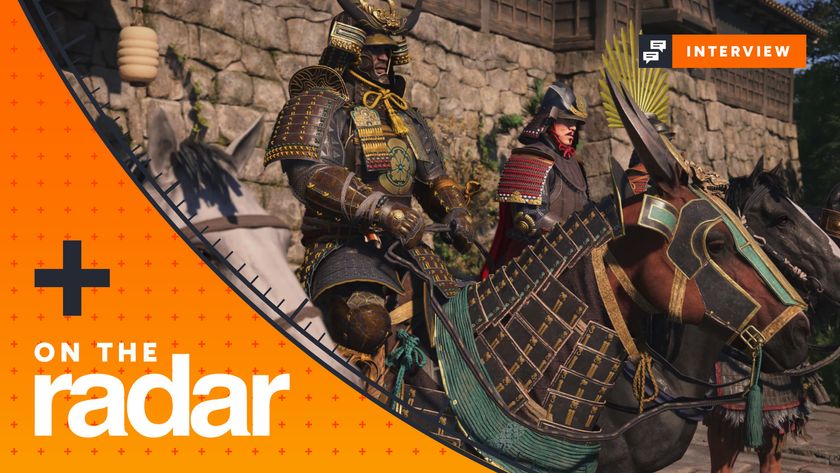
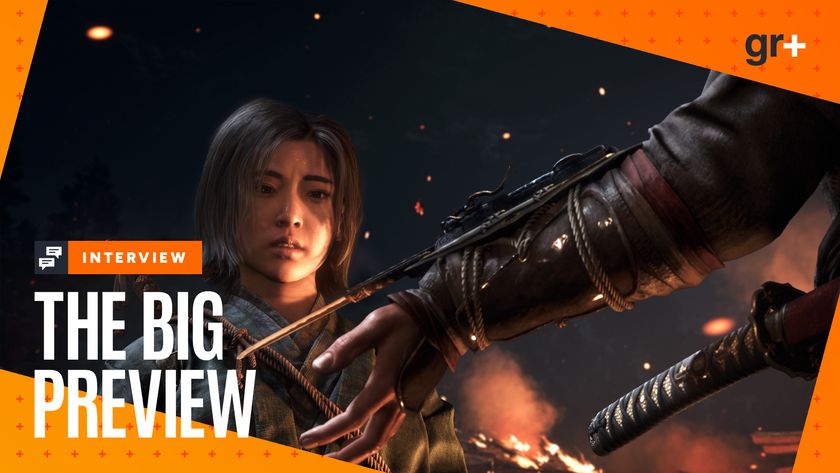
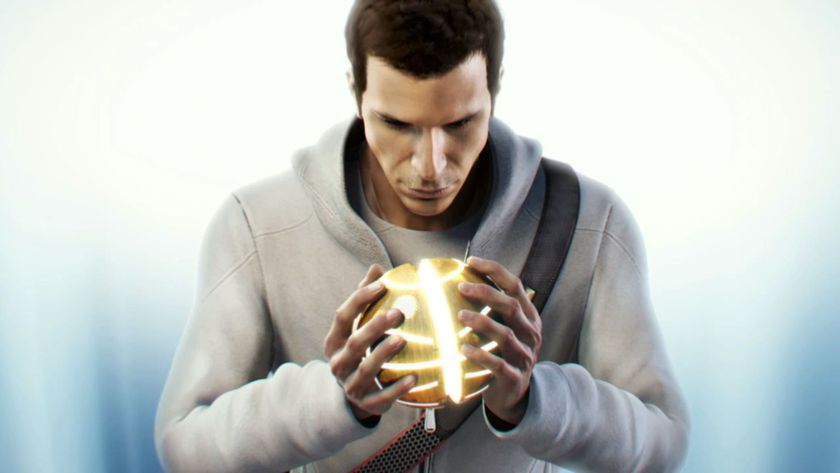
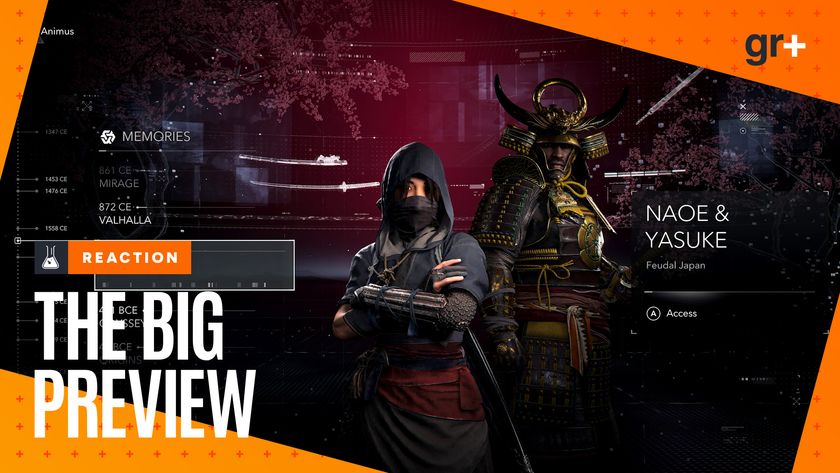
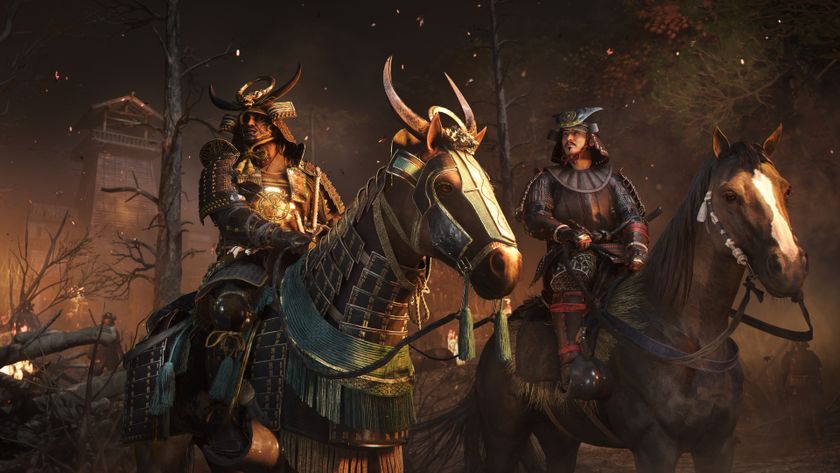
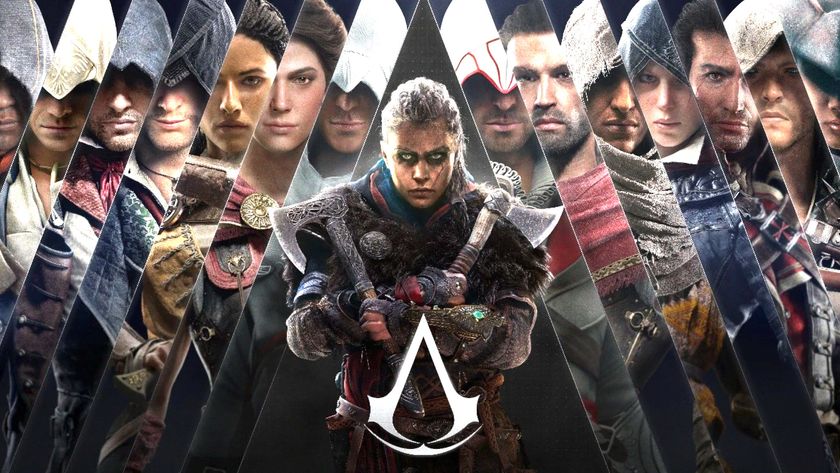
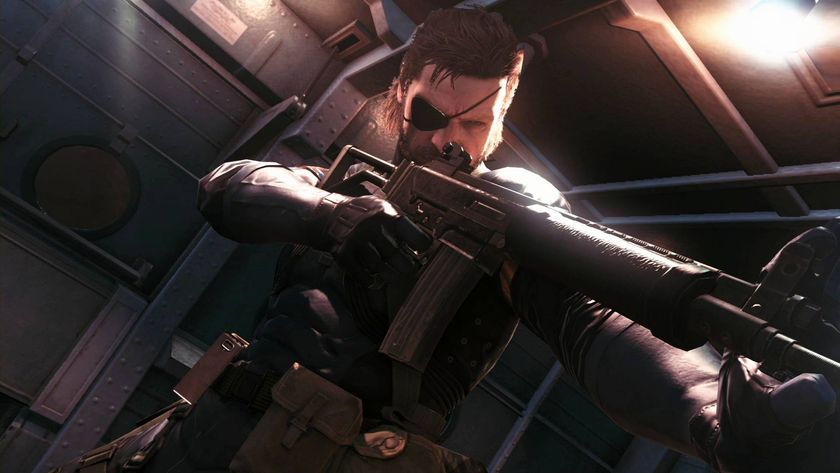
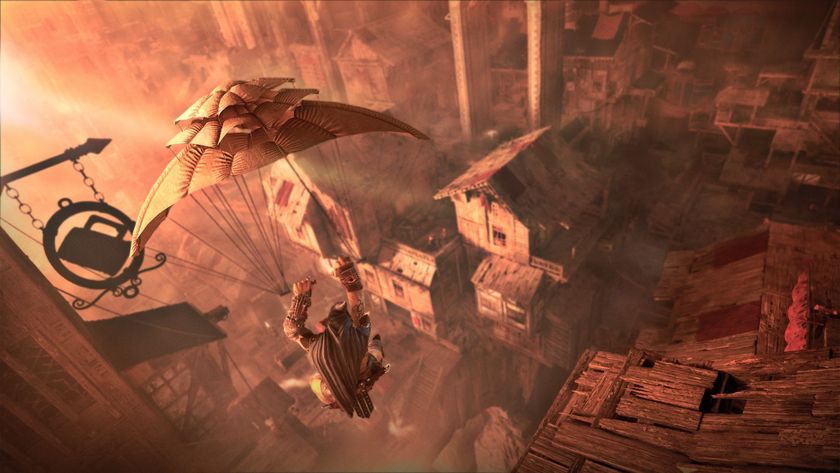
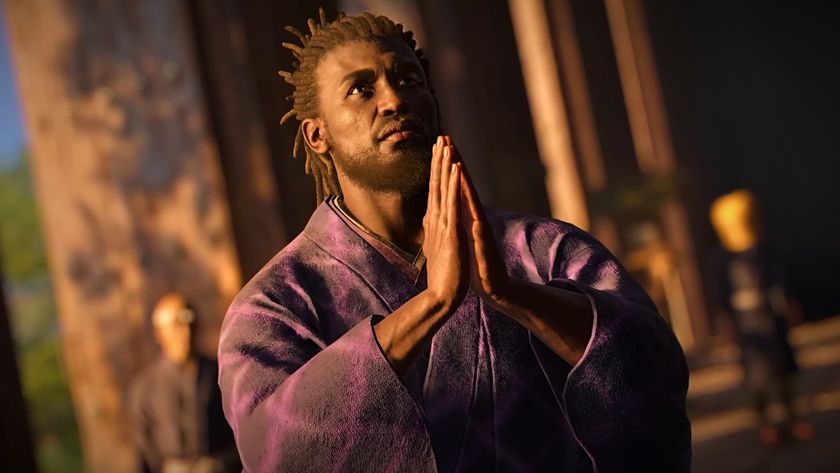
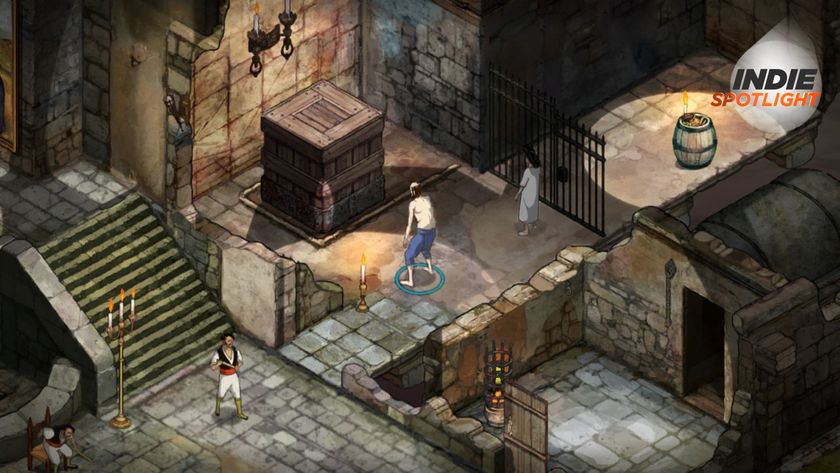

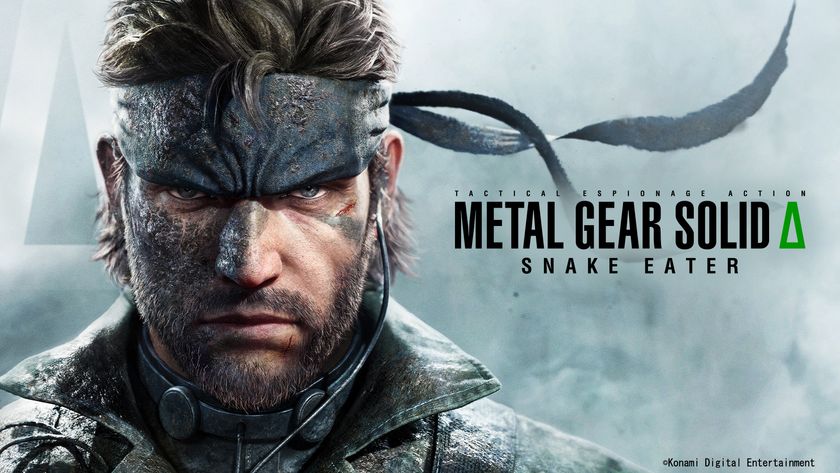
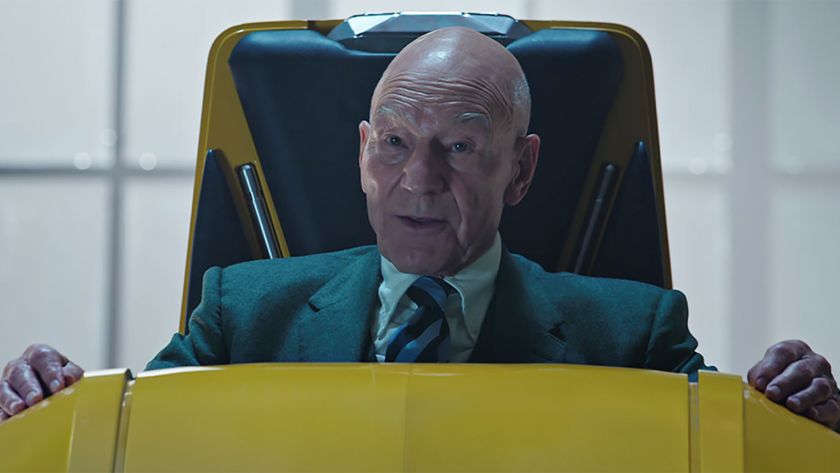
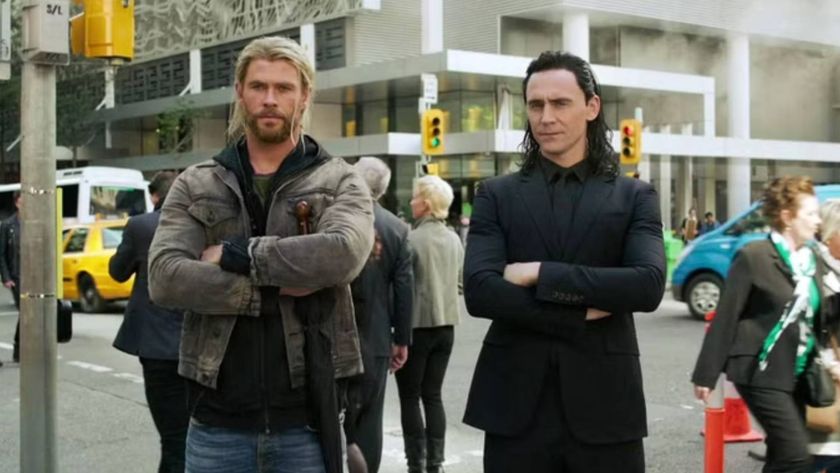

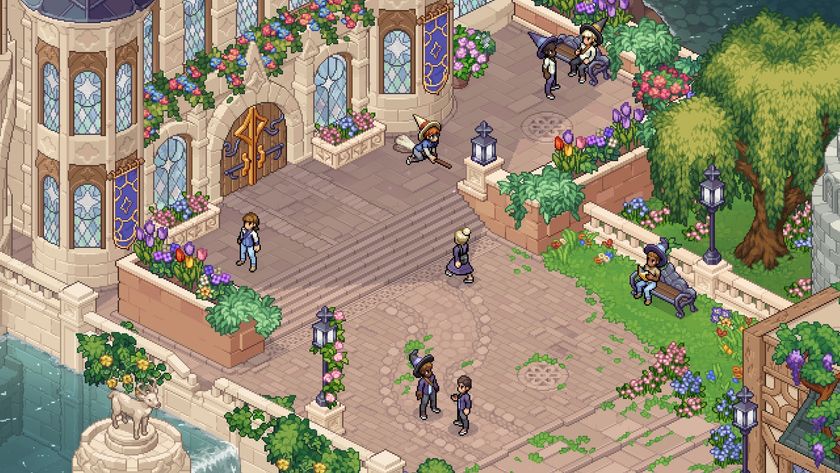
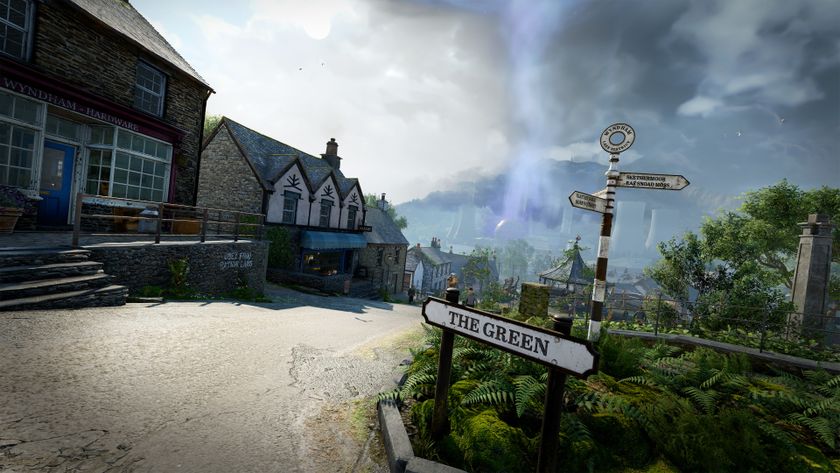
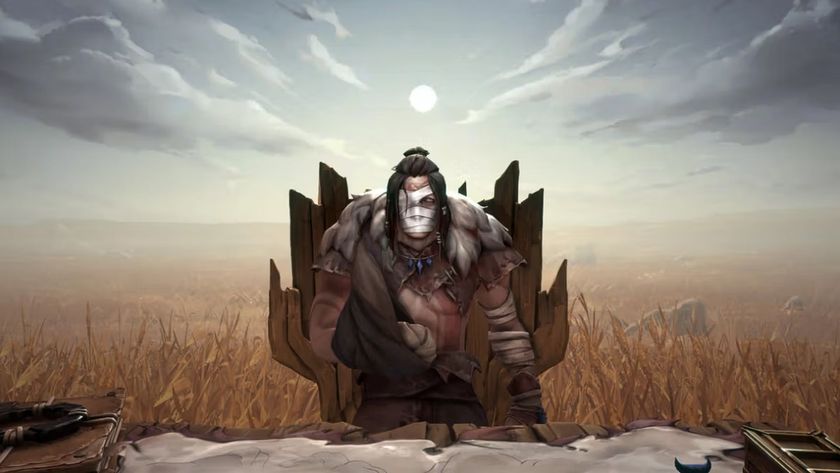

Hideo Kojima knows fans thought Metal Gear Solid 5: Ground Zeroes was too short, as he thinks back to negative comments: "'Why would they sell a trial version even at a low price?'"

Genre giants Metal Gear Solid and Splinter Cell might not be kicking like they used to, but underrated stealth gem Styx is coming back for another game
